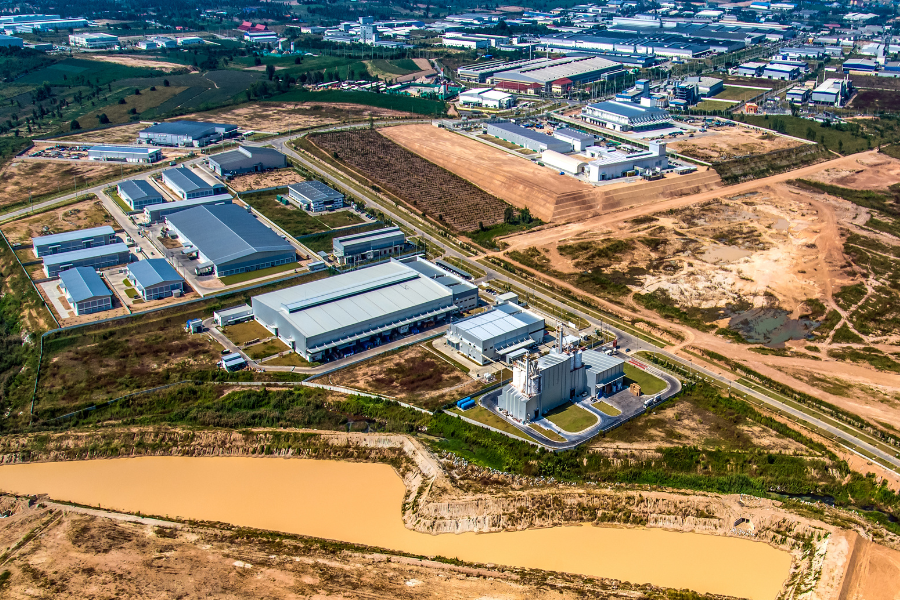A plot of land was purchased from a third party with documents deemed legally and administratively valid. However, after the transaction, the buyer was also sued because the land in question was found to be involved in an unresolved legal dispute. This raises questions regarding the legitimacy of the land ownership and the possibility of its annulment by the court.
Subekti, in “Aneka Perjanjian”, explains that the principle of good faith is divided into two forms: subjective good faith and objective good faith.
- Subjective good faith is defined as a condition where the buyer is unaware of any legal defect in the transfer of rights over the purchased object.
- Objective good faith is understood as an act conducted properly, in accordance with reasonable standards prevailing in society.
A good faith buyer is defined as a party who neither knows nor has reason to suspect that the object of the sale and purchase has a legal defect, or that the seller lacks the authority to transfer the rights. The transaction is carried out with full trust that the seller is the legitimate owner of the land.
In the context of land transactions, a good faith buyer refers to a purchaser who is neither aware nor reasonably expected to be aware of any legal defects in the process of transferring land rights.
The criteria for a good faith buyer have been outlined by the Supreme Court in Supreme Court Circular (SEMA) No. 4 of 2016. In this circular, several conditions are established, including:
- The sale and purchase is conducted following legal procedures and with valid documents according to applicable laws and regulations, such as:
- Purchase made through a public auction;
- Purchase conducted before a Land Deed Official (PPAT);
- For customary or unregistered land, the purchase is made publicly and in cash before or acknowledged by the Village Head or local Lurah, preceded by an investigation into the land’s ownership status confirming that the land is indeed owned by the seller.
- The land is purchased at a fair price, aligned with the market value at the time of the transaction.
- Due diligence is carried out to examine the legal and physical aspects of the land, including:
- Verification of the seller’s identity and authority to transfer rights based on ownership documents;
- Ensuring the land is not under court seizure;
- Ensuring the land is not being used as collateral or encumbered with a security right;
- For titled land, obtaining official information from the National Land Agency (BPN) regarding the legal status and ownership history of the land.
If all these elements can be proven in court, the status as a good faith buyer may be recognized, and the right to the purchased land can still be legally protected. In such cases, the legal risk arising from the dispute will be borne by the seller, and any claims from third parties can be directed to the seller as the party responsible for the loss.
Conversely, if there was no verification of the physical or legal data of the land before or during the transaction, and the sale and purchase was carried out without due diligence, then the status of good faith buyer cannot be attributed. If it is proven that the buyer knew of the legal defect yet proceeded with the transaction, legal protection cannot be granted. In such cases, the sale and purchase can be declared invalid, and the transfer of land rights may be annulled by the court.

